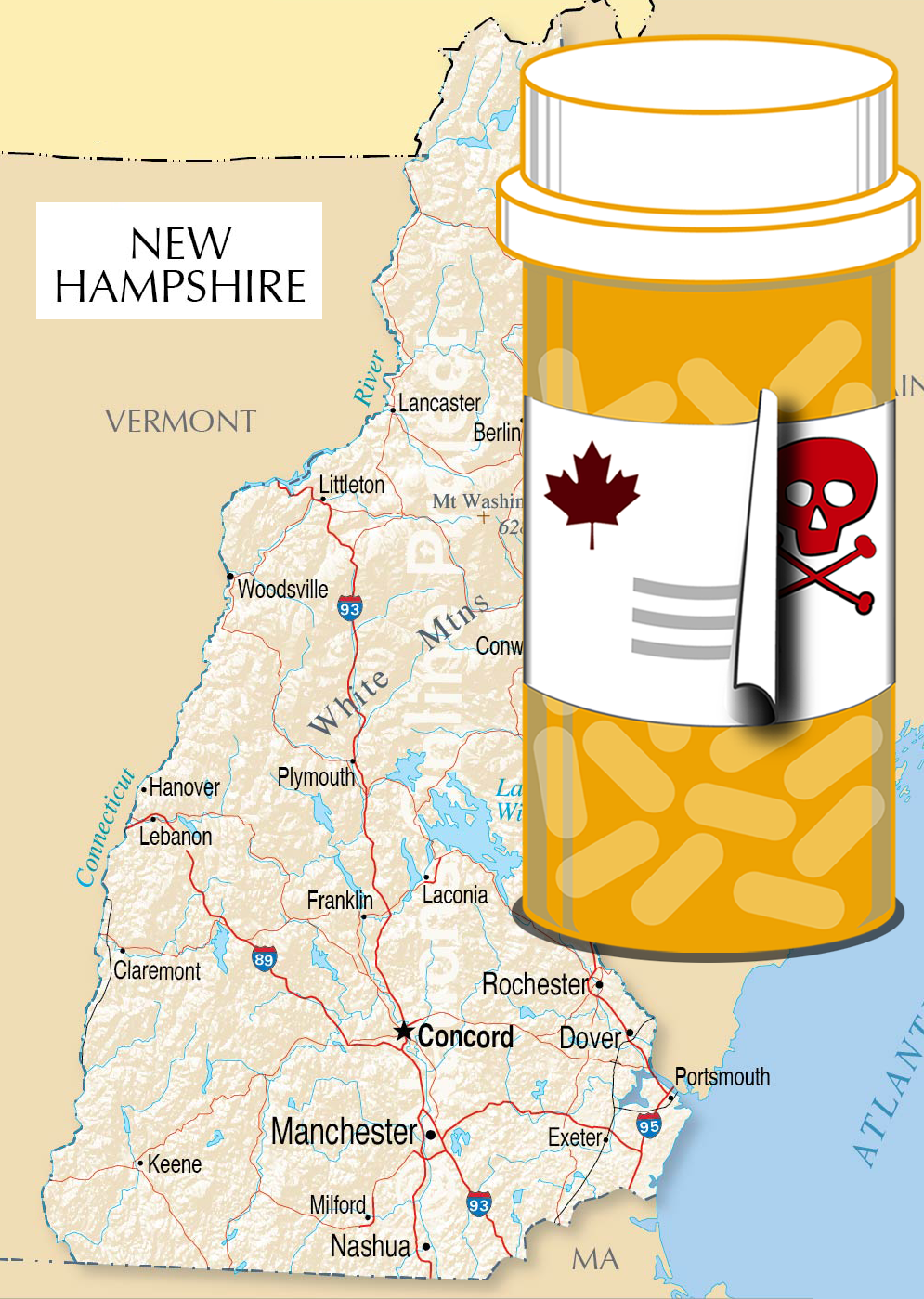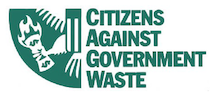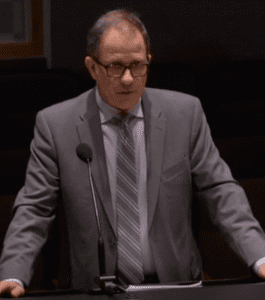Drug Importation in New Hampshire: An Overview

Current status:
New Hampshire submitted an application for its state importation program in April 2021. The FDA rejected the application in November 2022 because it did not identify a Canadian wholesaler that would provide the drugs.
Synopsis:
In January 2020, the New Hampshire legislature introduced SB685, which would require the New Hampshire Department of Health and Human Services to design a wholesale importation program for prescription drugs from Canada by or on behalf of the state and obtain federal approval for the program. In June 2020, SB685 was added to HB1280, which included several other prescription drug initiatives. The bill was signed into law in July 2020.
How should we evaluate this program?
The program hasn't started yet, or even been designed, so there's no way to measure whether it saved money or kept patients safe, both promises made at the time of passage. However, the 2003 Medicare Modernization Act contains requirements for safety requirements built into any such program.
Official actions and statements
November 2022: FDA denies the application.
April 2021: New Hampshire submits an SIP application.
HB1280: Text of the Bill
SB685: Text of the Bill | New Hampshire State Senate hearing
Testimony opposing SB685:
- The Best Medicines Coalition, January 21, 2020
- The Partnership for Safe Medicines, January 2020
Background / resources
Learn more about
Op-eds from the Experts
This editorial by Dr. Charles S. Shaver was published in The Hamilton Spectator on August 11, 2019. Dr. Shaver i a practicing physician in Ottawa. He is a graduate of Princeton University and Johns Hopkins School of Medicine. Dr. Shaver is also past chair of the section on general internal medicine of the Ontario Medical Association.
This editorial by Wayne Winegarden, Ph.D. appeared in Forbes on August 7, 2019. Dr. Winegarden is the Managing Editor for EconoSTATS and a senior Fellow in Business and Economics at the Pacific Research Institute.
In this
In this July 31, 2019 blog post on the Citizens Against Government Waste (CAGW) website, CAGW Director of Health and Science Policy Elizabeth Wright questions the questions the effectiveness and safety of government importation schemes.
This editorial by Adam Fein and Dirk Rodgers was published in Stat News on July 11, 2019. In it, Fein and Rodgers warn that plans by states to create drug importation programs will open new pathways for counterfeit drugs to enter the U.S. drug supply chain…
This editorial by retired DEA agent Douglas Hebert was published in The Arizona Capital Times ,on June 27, 2019. In it, Hebert explains how drug importation programs will help organized crime expand their $200 billion-a-year counterfeit pharmaceutical industry into the U.S., at the expense of Americans.
In this editorial, which was published in Crain’s New York Business on June 19, 2019, Canadian law enforcement veteran Don Bell explains that the New York Legislature’s effort to establish a wholesale prescription drug importation program, is “a gigantic loophole that criminals will pounce on to traffic counterfeit drugs into the state.”
In this editorial, which was published by the Fraser Institute on June 13, 2019, economist Dr. Kristina Acri argues against importation, concluding: “Diverting drugs meant for Canadian patients to the U.S. through state importation schemes will create shortages for Canadian patients and increase pressure on potentially unscrupulous suppliers to source drugs from wherever they can, opening the door to counterfeiters.”
This editorial by Guy Anthony was published in the Orlando Sentinel on June 12, 2019. Anthony, President and CEO of Black, Gifted & Whole, a nonprofit focused on issues surrounding black, queer men, warns that drug importation will open up “a market for dangerous, counterfeit drugs” that will make it harder for people to live with HIV and other complex illnesses.
This editorial by Nigel Rawson was published in The Hills Times on June 9, 2019. Dr. Rawson, president of Eastlake Research Group, a senior fellow at the Fraser Institute, and an affiliated scholar with the Canadian Health Policy Institute, warns that Canada would run out of necessary medicine if U.S. states begin drug importation programs…








